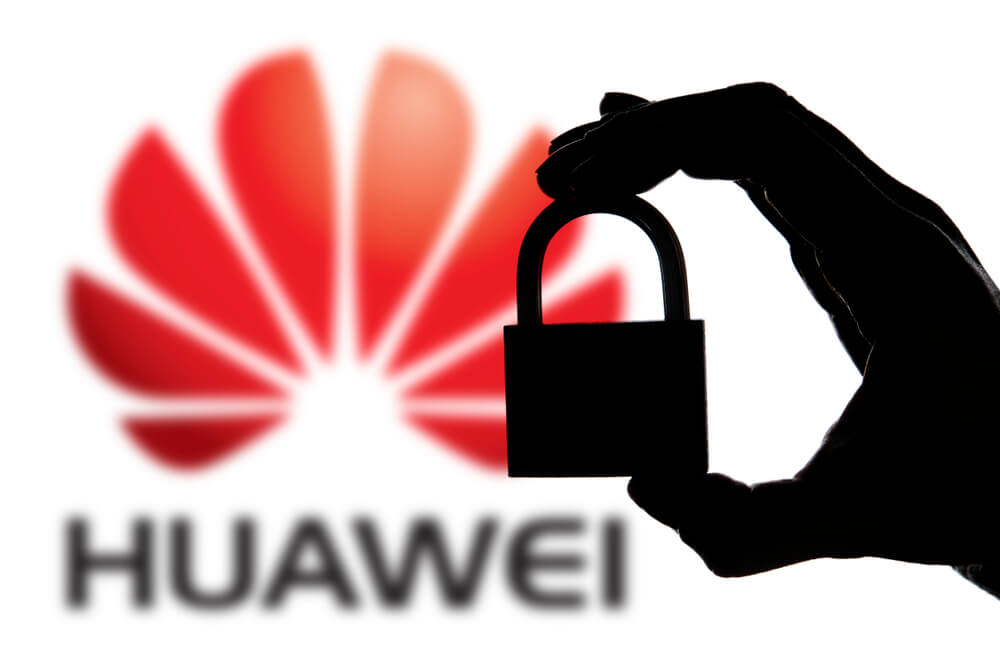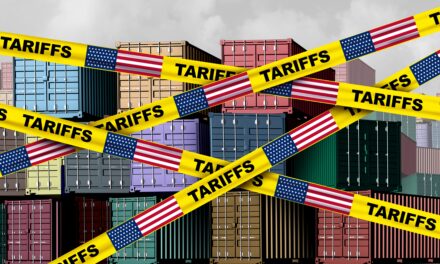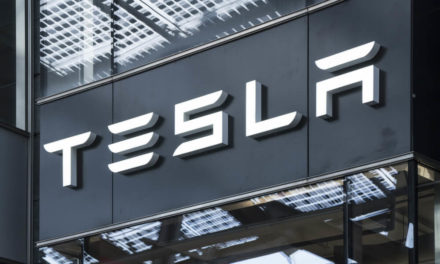It was bound to happen at some point.
But American tech companies are starting to circumvent the Trump administration’s ban on exporting any equipment to Chinese-based tech company Huawei Technologies Co.
The Wall Street Journal initially reported the ban cost Huawei — the world’s largest manufacturer of networking equipment — nearly $30 billion in revenue through 2020.
The ban is centered around the believe that Huawei can use its technology – which would be widely used for 5G integration – to help the Chinese government spy on governments, businesses and individuals.
In May, the Commerce Department blacklisted Huawei, meaning companies who supply the giant with technology and components are required to apply for a license.
American companies like Micron Technologies, Qualcomm and Intel have reportedly resumed shipping products to Huawei, despite the blacklist.
It is likely the companies would like to keep some of Huawei’s $11 billion in spending in the United States last year.
Companies are using a workaround in the Commerce Department’s rules that state any components made in countries other than the United States do not fall under the ban. Which means if Qualcomm can classify a component as being made in Germany, it is able to ship that component to Huawei without running afoul of the Trump administration.
In fact, according to a report in The Wall Street Journal Wednesday, San Diego-based Qualcomm is shipping its radio-frequency components to Huawei as the company found that acceptable under Commerce Department rules. It is, however, not shipping broadband chips because it us unknown as to whether that would violate the ban.
Companies finding a workaround comes on the heels of FedEx suing the Commerce Department earlier this week, claiming it cannot track the contents for delivery to adequately fulfill the blacklist.
The Commerce Department spokespeople declined to comment on the WSJ reports, instead referring the outlet to its regulations.
I get the need to keep a company like Huawei in check. It is hard to blame the administration for being more than skeptical as to its motives related to the Chinese government. While Huawei officials have said they operate like any other company, it is safe to say that when the Chinese government wants something of its citizens or businesses, it is likely to get it.
However, in terms of blacklisting the company, that shouldn’t extend to blocking American companies from shipping components or tech to Huawei. That doesn’t necessarily constitute a national security threat to Americans, unless the end products were being used in the United States — of which, under the current circumstances, are not.
If other countries want to allow Huawei products or 5G infrastructure into their borders, that is their concern. However, if the United States is banning Huawei products from the country, that is the extent of which that should reach American businesses.
It is difficult to fault American companies looking for a workaround to Commerce Department blacklisting. As previously mentioned, Huawei spent $11 billion with U.S. companies last year and it is likely to do more this year.
So, unless Huawei is sponsoring terrorist activities or it has been proven it is assisting the Chinese government in actively spying on foreign powers, it might be a good idea to let American businesses do business.




